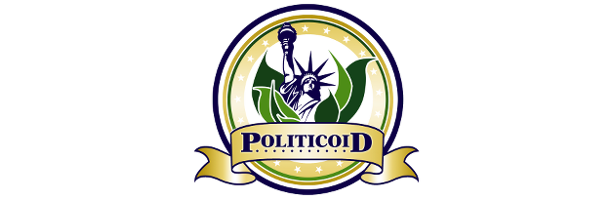[extoc headers = 1]
Questions 1 – 4
Question 1
| Rate the following. | ||||||||
| Answer Options | Does not exist | Probably does not exist | Don’t know | Probably exists | Definitely exists | Don’t care | Response Count | |
| A deity | 53 | 49 | 47 | 33 | 65 | 7 | 254 | |
| An afterlife | 51 | 39 | 46 | 43 | 69 | 6 | 254 | |
| A soul or spirit | 35 | 31 | 37 | 42 | 106 | 3 | 254 | |
| Reincarnation | 78 | 46 | 72 | 35 | 21 | 2 | 254 | |
| Ghosts | 68 | 39 | 54 | 40 | 47 | 6 | 254 | |
| Items that increase good luck | 113 | 67 | 35 | 22 | 10 | 7 | 254 | |
| answered question | 254 | |||||||
Participants were asked to consider the existence of a deity, an afterlife, a soul, ghosts, and items that increase good luck. To estimate relative strength of belief the allowable answers were “does not exist”, “probably doesn’t exist”, “don’t know”, “probably does exist”, and “definitely exists”. A “don’t care” column was also added to check for apathy towards considering an answer. Those surveyed 20.87% said that items that increase good luck don’t exist, while 41.73% said that a soul or spirit definitely exists. A future survey could look into how people view the concept of soul or spirit to see why such a large percentage of people seem to say that such a thing exists.
Question 2
| How religious do you consider yourself to be? | |||
| Answer Options | Response Percent | Response Count | |
| Not religious at all | 53.1% | 135 | |
| Somewhat religious | 34.6% | 88 | |
| Very religious | 12.2% | 31 | |
This question is very subjective. It depends a lot on how one defines religiosity. However, the idea of this question, as well as many of the other questions on religion, was to get an idea of how the participants perceive themselves. The majority of participants,53.15%, selected “not religious” while only 12.20% selected “very religious”.
Question 3
| Can a scientific theory ever be proven true? | |||
| Answer Options | Response Percent | Response Count | |
| Yes | 78.0% | 198 | |
| No | 22.0% | 56 | |
This question gave what I consider to be the most startling response of all. 77.95% of the sample selected that a scientific theory could, at least in some cases, be proven true. Even using a confidence level of 99.99 that still gives a range of 69.39% to 86.51% as the population estimate. A lower bound of almost 70% of the population is troubling.
Question 4
| Which is better, science or religion? | |||
| Answer Options | Response Percent | Response Count | |
| Science | 44.5% | 113 | |
| Religion | 11.0% | 28 | |
| Neither is better than the other | 44.5% | 113 | |
This was the first question out of the group which tries to get an idea of how the population views religion. 44.49% said that science was better and an equal number said that neither science or religion was better.

